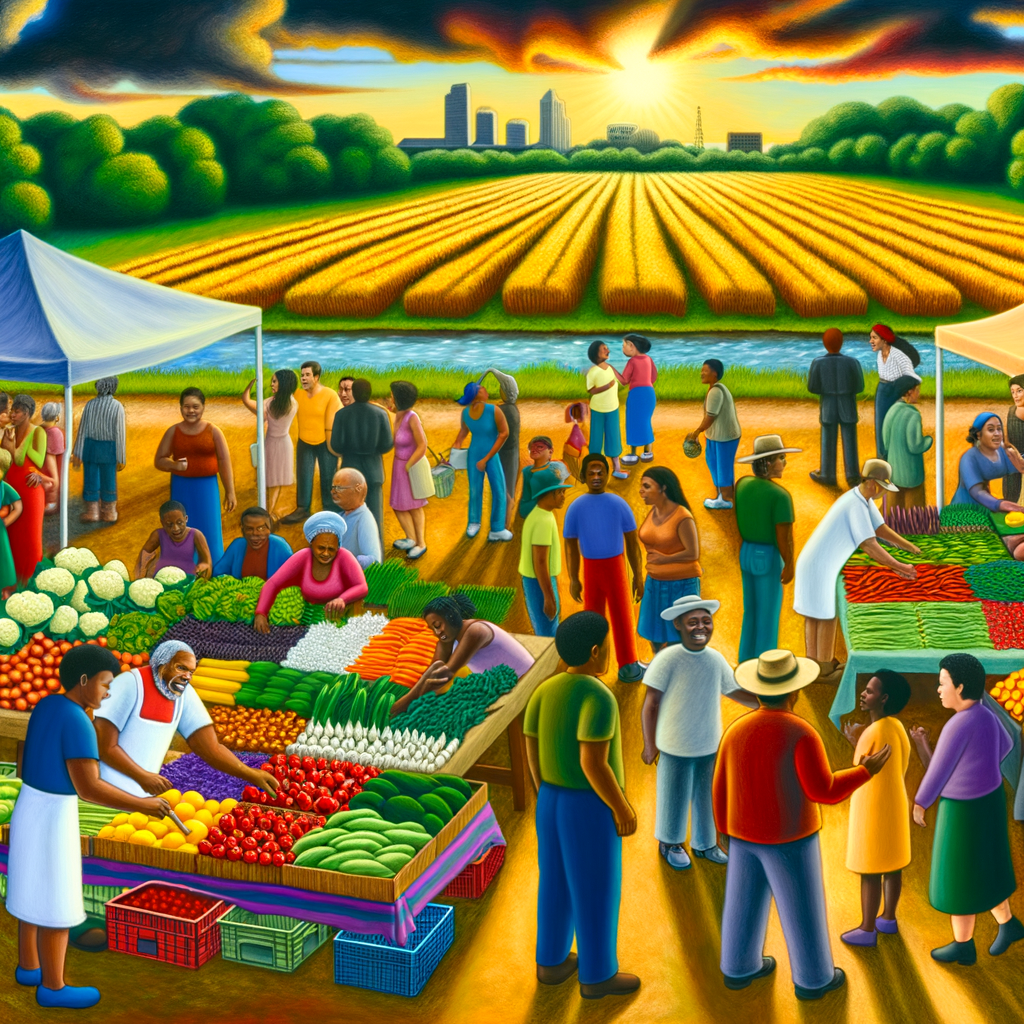Farm-to-table is a popular concept in European cuisine that emphasizes the use of locally grown produce. It is a movement that promotes sustainable agriculture and supports local farmers. By using ingredients that are grown or produced in the same region as the restaurant, chefs are able to create dishes that are not only fresh and flavorful, but also support the local community. In this article, we will explore the importance of farm-to-table in European cuisine and how it enhances the dining experience for both chefs and diners.
European countries have a long history of using locally sourced ingredients in their traditional dishes. This is due to the abundance of fresh produce available in each region and the strong connection between food and culture. By incorporating local produce into their dishes, chefs are able to showcase the unique flavors and ingredients of their region. This not only adds to the authenticity of the dish, but also allows for a deeper understanding and appreciation of the local culture.
In addition to supporting the local community and promoting cultural awareness, using local produce also has numerous environmental benefits. By reducing the carbon footprint of transportation, farm-to-table practices help to combat climate change and promote sustainability. Furthermore, locally grown produce is often harvested at peak ripeness, resulting in fresher and more flavorful dishes.
Farm-to-table has become a growing trend in European cuisine, with many restaurants and chefs embracing the concept. By focusing on using local produce, they are able to create unique and delicious dishes that showcase the best of their region. So next time you dine at a European restaurant, be sure to ask about their farm-to-table practices and taste the difference for yourself.





